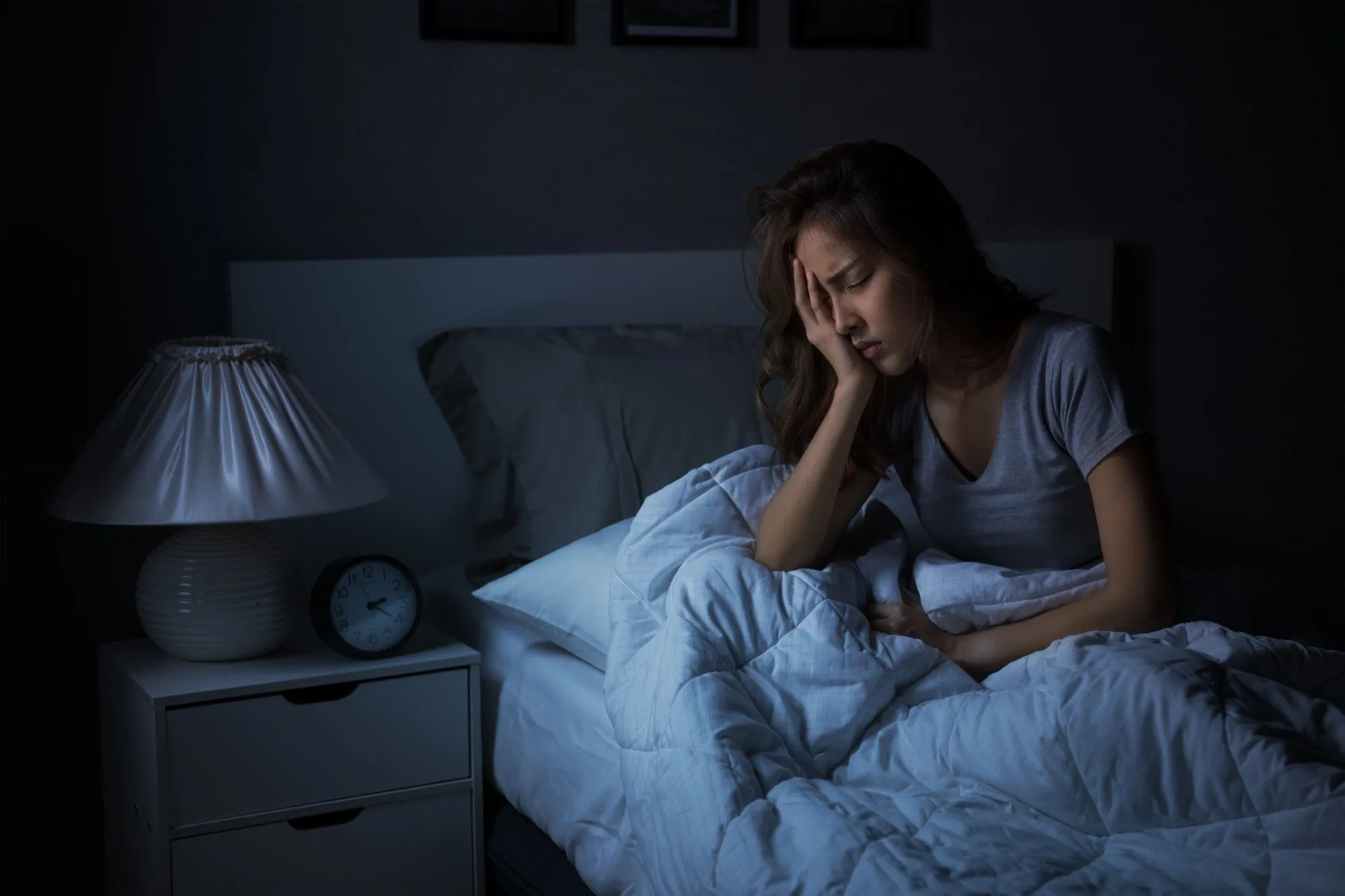Diabetes is a significant and challenging global health crisis, and India is the second largest in the world with the most people with Diabetes. Also, these numbers are growing at an alarming rate. These numbers are simply mind-boggling. What is more disturbing is the future prediction. The number of people with Diabetes will jump by almost 80% to 124 million by 2045. And one of the reasons is the lack of knowledge or the will to reverse pre-diabetes.

Surprisingly, almost 90% of the folks in India suffer from type-2 Diabetes. So, what causes Diabetes? There are several reasons. Family history, poor lifestyle habits, stress and vices such as smoking and alcohol, and a sedentary existence. Diabetes raises its ugly head when the human body shows signs of insulin resistance. This leads to the build-up of sugar, which subsequently leads to Diabetes. It can negatively affect vital organs and vision if left untreated or ignored.
Although more studies still need to be conducted, it is also assumed that sleep disorder also triggers insulin upheavals. In people with diabetes, improper or disturbed/inadequate sleep triggers a spike in sugar levels. People with Diabetes need to manage sleep seriously: the recommended period is typically 7 hours every day.

Understanding the Sleep-Diabetes Connection
Type-2 diabetes is unique. Due to its very nature, individuals suffering from this variant tend to experience major sleep disorders. Diabetes gives birth to secondary complications, which we shall talk about in a moment, but suffice to know that these comorbidities prevent a person with diabetes from having a good night’s sleep. Moreover, erratic sleep induces hunger, obesity, and metabolic upheavals. Studies have shown that improper sleep increases insulin resistance and, thereby, a spike in sugar levels. The logic is really simple—people with diabetes tend to eat more because of sleep disorder/metabolic syndrome, while the compromised insulin uptake results in a build-up of sugar.
The Importance of Quality Sleep
People, in general, and people with diabetes, in particular, have to understand that sleep is not just about the “period”. You can sleep for 6 hours and yet remain healthy. The reason is because of the quality of sleep. On the other hand, you may feel tired and fatigued in spite of sleeping for 8, maybe 10 hours because of numerous wake-up calls, typically associated with diabetes. Over time, frequent sleep breaks may result in hormonal imbalance (insulin resistance) and diabetes. Insomnia can also be caused because of medicines, and therefore, monitoring and managing quality sleep is of paramount importance. One of the ways to reverse insulin resistance is through quality slumber.
Sleep Deprivation and Insulin Resistance
Diabetes can cause sleep deprivation because of associated health issues such as OSA (Obstructive Sleep Apnea) and RSL (Restless Legs Syndrome). What is surprising is that even people who don’t have diabetes are affected by sleep disorders and, therefore, can develop insulin resistance over a period of time. It is estimated that 25% of people with diabetes suffer from some form of breathing disorder / OSA, while 20% show signs of RLS (Source – American Diabetes Association). Inadequate or poor quality sleep can result in insulin resistance in general and, in the case of people with diabetes, lead to further complications.
Circadian Rhythms and Blood Sugar Control
Circadian Rhythm, also called the circadian cycle, is a set of bodily changes, a kind of natural oscillation that loops every 24 hours. If this cycle or the loop is disturbed by internal or external events, it can result in compromised glucose metabolism. When the muscle insulin sensitivity is disturbed, it leads to sugar build-up in the blood and subsequently results in type-2 diabetes.
Surprising behavioural, mental and environmental triggers have less effect on glucose tolerance than Circadian Rhythm impairment. In simple words, the human body tends to be more sensitive to glucose metabolism in the mornings, even in healthy people, and therefore, sleep timings play a big role in Blood Sugar Control. If you are serious about the motivational phrase “reverse insulin resistance”, you must maintain a fixed sleeping time.
Sleep and Hormonal Balance
It has been known for a long time that irregular, fluctuating, and poor-quality sleep leads to hormonal imbalance. As mentioned above, staying awake typically results in several biological changes and unhealthy habits. On the one hand, sleep deprivation causes overeating, and at the same time, it also results in insulin resistance. In the long run, it will manifest in the form of higher sugar levels because the body cannot convert this form of carbohydrate into energy. Lack of sleep can also lead to low production of insulin, a critical hormone and an important controller of glucose metabolism. Both insulin resistance and insulin insufficiency are responsible for diabetes.
Read More: Diabetes Reversal: All You Need to Know
Conclusion
BeatO’s Diabetes Control Program also includes sleep management. It is now a well-established fact that diabetes and sleep disorders are strongly linked. The reason is that diabetes is frequently accompanied by comorbidities and associated health issues such as OSA and RLS. It results in poor quality sleep, which in turn gives rise to reduced insulin uptake and also hinders efficient production. Nonetheless, proper sleep and diet, specific exercises, and regular monitoring of blood sugar levels can make a big difference in preventing glucose overload.




